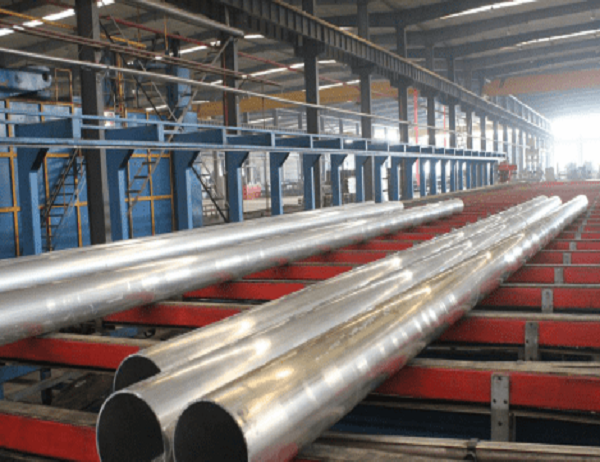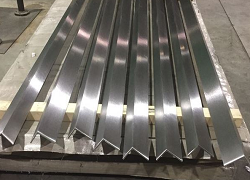Extruded aluminum pipes have emerged as a prominent choice in automotive applications due to their exceptional properties and versatility. These pipes offer a wide range of advantages, from their lightweight construction to their enhanced durability and ease of formability. In this article, we will delve into the key advantages of extruded aluminum pipes in the automotive industry, highlighting how they contribute to improved vehicle performance and efficiency.
One of the primary advantages of extruded aluminum pipes is their lightweight nature. Compared to traditional steel pipes, aluminum pipes have a significantly lower density, resulting in overall vehicle weight reduction. This reduction in weight leads to improved fuel efficiency, as less energy is required to propel the vehicle. In addition, the lightweight construction of aluminum pipes contributes to enhanced handling and acceleration, providing drivers with a more responsive and efficient driving experience.
Extruded aluminum pipes exhibit exceptional durability and corrosion resistance, making them highly suitable for automotive applications where harsh environmental conditions are encountered. Aluminum is naturally resistant to oxidation and degradation, providing long-lasting performance without the need for extensive maintenance or coatings. Furthermore, the extrusion process enhances the strength and longevity of the pipes, ensuring their integrity even under extreme loads and stresses.
Extruded aluminum pipes offer unmatched formability, allowing for complex shapes and intricate designs. This design flexibility enables the creation of components that meet the specific requirements of automotive applications, such as custom-shaped brackets, structural supports, and fluid handling systems. The ease of forming aluminum pipes reduces manufacturing costs and lead times, contributing to efficient and cost-effective production processes.
Aluminum is an excellent thermal conductor, making extruded aluminum pipes ideal for applications where heat dissipation and thermal management are crucial. In automotive components such as heat exchangers, oil coolers, and exhaust systems, aluminum pipes effectively transfer heat and maintain optimal operating temperatures. This efficient heat dissipation contributes to improved engine performance, reduced exhaust emissions, and enhanced overall system efficiency.
In today’s environmentally conscious automotive industry, sustainability is paramount. Extruded aluminum pipes are highly recyclable, promoting resource conservation and reducing waste. The process of recycling aluminum requires significantly less energy compared to producing new aluminum from raw materials. Furthermore, the durability of aluminum pipes ensures their longevity, minimizing replacement cycles and reducing the overall environmental impact associated with vehicle production and disposal.
Extruded aluminum pipes offer a compelling combination of advantages for automotive applications. Their lightweight construction enhances fuel efficiency, while their exceptional durability and corrosion resistance ensure long-lasting performance. The formability of aluminum pipes enables innovative designs and complex shapes, facilitating efficient manufacturing processes. In addition, their excellent heat dissipation properties and recyclability contribute to improved thermal management and sustainability efforts in the automotive industry. As the demand for lightweight, efficient, and environmentally friendly vehicles continues to grow, extruded aluminum pipes will undoubtedly play an increasingly vital role in shaping the future of automotive design and manufacturing.



